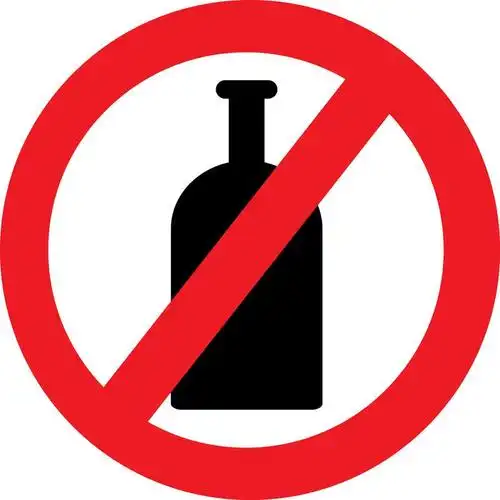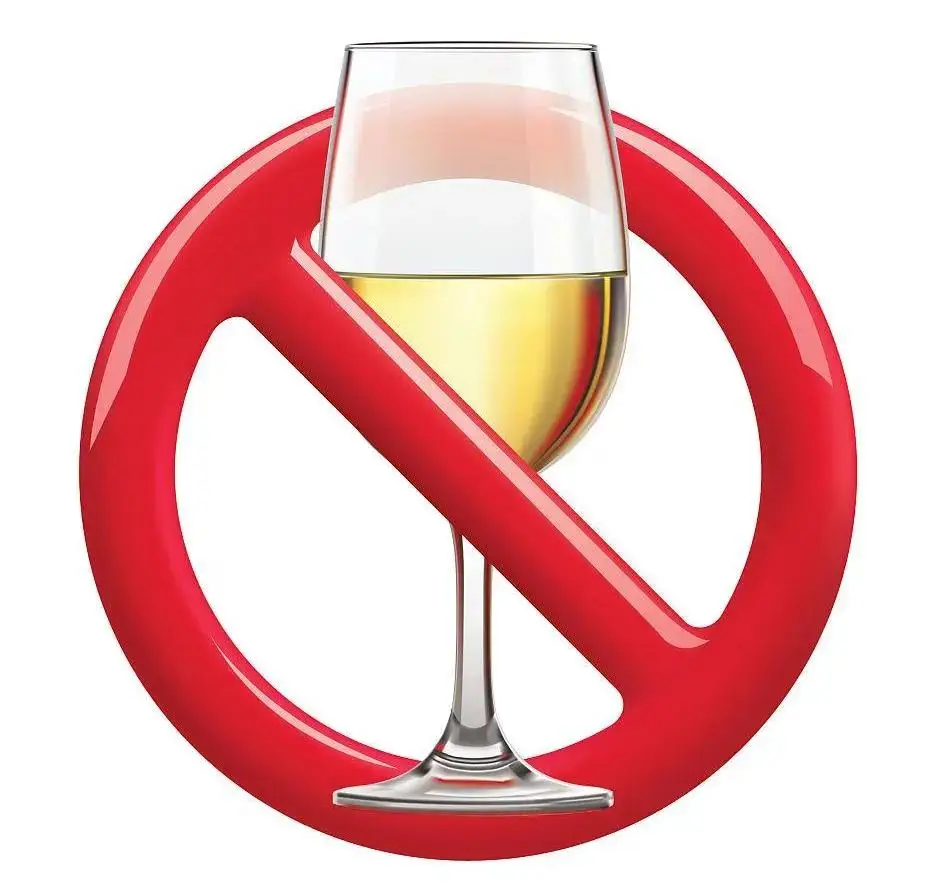Why Risk Cancer for a Drink? Quit Today and Save Your Life
In today’s fast-paced world, alcohol often serves as a social lubricant, a stress reliever, or even a cultural staple. Many of us enjoy a glass of wine with dinner, a beer while watching a game, or a cocktail at a celebration. But behind the temporary relaxation and enjoyment lies a sobering truth: alcohol consumption is directly linked to an increased risk of cancer. The question we must ask ourselves is: why risk cancer for a drink? The answer is clear—it’s not worth it. Quitting alcohol, or at least reducing consumption significantly, can dramatically lower your cancer risk and potentially save your life.
The Link Between Alcohol and Cancer
Scientific research has established a strong and undeniable connection between alcohol consumption and several types of cancer. According to the World Health Organization (WHO), alcohol is classified as a Group 1 carcinogen, meaning it is among the most dangerous substances known to cause cancer in humans. This places it in the same category as tobacco and asbestos. The cancers most commonly associated with alcohol include:
- Mouth and Throat Cancer: Alcohol irritates the cells in the mouth and throat, making them more vulnerable to carcinogenic changes.
- Esophageal Cancer: The risk is particularly high for those who metabolize alcohol inefficiently due to genetic factors.
- Liver Cancer: Chronic alcohol consumption can lead to cirrhosis, which significantly increases the likelihood of liver cancer.
- Breast Cancer: Even moderate drinking has been shown to raise the risk of breast cancer in women.
- Colorectal Cancer: Alcohol can damage the lining of the colon and rectum, leading to an increased risk of cancer in these areas.
The mechanism through which alcohol contributes to cancer is multifaceted. When we consume alcohol, our bodies break it down into acetaldehyde, a toxic chemical that can damage DNA and proteins. This damage can interfere with the body’s ability to repair itself, leading to uncontrolled cell growth—the hallmark of cancer. Additionally, alcohol can impair the body’s ability to absorb essential nutrients like folate, which plays a key role in cell health and DNA synthesis.

The Illusion of "Moderate" Drinking
Many people believe that moderate drinking is safe, or even beneficial, thanks to studies suggesting that red wine may improve heart health. However, these benefits are often overstated and do not outweigh the risks when it comes to cancer. The line between moderate and excessive drinking is blurry, and even small amounts of alcohol can accumulate over time to increase cancer risk. The American Cancer Society recommends that for cancer prevention, it’s best not to drink alcohol at all.
Moreover, the idea of "moderation" is highly subjective. For some, moderation might mean one drink per day; for others, it could mean three or four. This ambiguity can lead to unintentional overconsumption, further elevating cancer risk. It’s also worth noting that the heart health benefits attributed to red wine can be achieved through other means, such as regular exercise and a balanced diet, without the associated cancer risks.
The Social and Psychological Traps
Alcohol is deeply embedded in many cultures and social rituals. From toasting at weddings to networking events with cocktails, refusing a drink can sometimes feel awkward or even isolating. This social pressure can make it difficult for individuals to cut back or quit, even when they are aware of the health risks.
Additionally, alcohol often serves as a coping mechanism for stress, anxiety, or depression. While it may provide temporary relief, it ultimately exacerbates these issues in the long run. Relying on alcohol to manage emotions can create a cycle of dependency, making it even harder to quit. Breaking free from this cycle requires not only willpower but also a support system and healthier alternatives for stress management.
The Benefits of Quitting
The good news is that it’s never too late to quit drinking. The human body has a remarkable ability to heal itself, and the benefits of quitting alcohol can be seen almost immediately:
- Reduced Cancer Risk: Studies show that the risk of alcohol-related cancers begins to decrease soon after quitting. For example, the risk of mouth and throat cancer can drop by up to 50% within five years of cessation.
- Improved Liver Function: The liver can regenerate to a significant extent once alcohol is removed from the equation. This reduces the risk of cirrhosis and liver cancer.
- Better Mental Health: Quitting alcohol can lead to improved mood, reduced anxiety, and better sleep patterns.
- Enhanced Overall Health: Without alcohol, the body can absorb nutrients more effectively, leading to improved immune function and energy levels.
Taking the First Step
Quitting alcohol may seem daunting, especially for those who have been drinking for years. However, countless resources are available to help, from support groups like Alcoholics Anonymous to therapy and medical interventions. Here are a few practical steps to get started:
- Set Clear Goals: Decide whether you want to quit entirely or reduce your consumption. Write down your reasons and revisit them regularly to stay motivated.
- Seek Support: Share your goals with friends and family. Their encouragement can make a significant difference. Professional help is also available for those who need it.
- Find Alternatives: Replace alcohol with healthier options like herbal tea, sparkling water, or non-alcoholic cocktails. Engage in activities that don’t revolve around drinking, such as exercise, hobbies, or volunteering.
- Educate Yourself: The more you understand the risks of alcohol, the easier it will be to stay committed. Read up on the latest research and success stories of those who have quit.
Conclusion
The temporary pleasure of a drink is not worth the long-term risk of cancer. Every sip of alcohol brings us closer to a disease that claims millions of lives each year. By choosing to quit or reduce alcohol consumption, we take a powerful step toward protecting our health and ensuring a longer, healthier life. The decision to quit today could literally save your life. Why risk cancer for a drink? The answer is simple: you shouldn’t.





发表评论